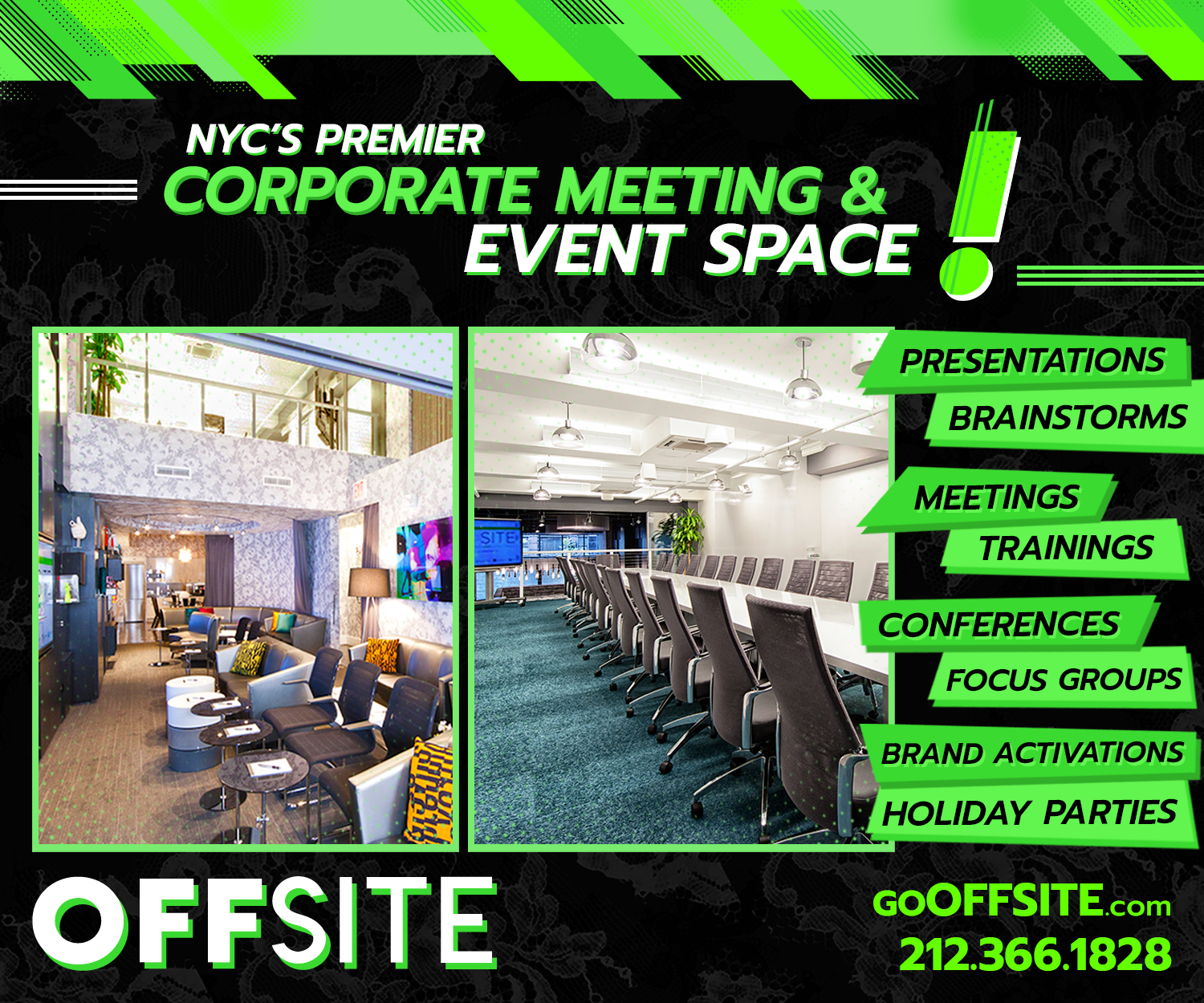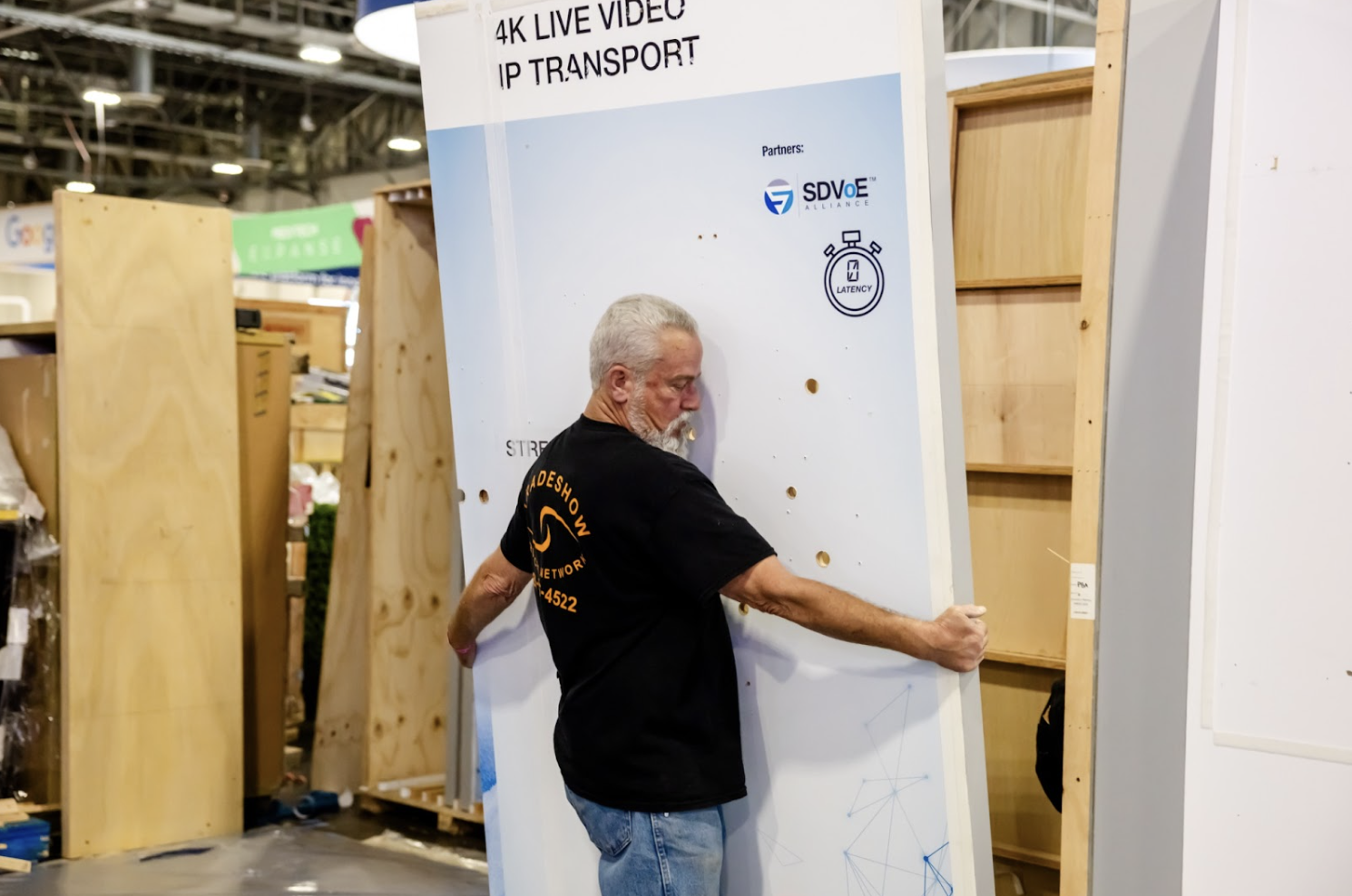Leaders are only as good as their team. Sure, this holds true in the events industry—though perhaps an even more accurate statement is that events are only as good as their vendors. After all, what would any event be if not for catering services, audiovisual and lighting providers, decor, rentals and transportation services—not to mention the photography and videography teams that capture it all?

Vendor selection is one of the many responsibilities that falls on Tika Woolley’s lap as the director of events for beauty wholesaler SalonCentric, a subsidiary of L’Oreal. “I lead domestic event conceptualizing and planning for L’Oreal and SalonCentric with a focus on inclusive and unique experiences,”
Woolley explained of her role, noting that she manages more than 20 annual events with attendance spanning anywhere from 500 to 30,000-plus.
Between the internal SalonCentric National Conference held in Chicago earlier this year, to the consumer-facing Texture on Set hair show that wrapped in New York last month and a slew of upcoming hands-on “ProExperience” workshops throughout the US, Woolley said she leans heavily on local vendors rather than touring the nation with the same folks. Still, she has go-to catering services, AV teams, decor and furniture rental companies, transportation providers and talent agencies for entertainers, models and speakers, specifically. It leads us to the event prof’s first best practice when it comes to vendor selection…
Do: Have a strong portfolio of responsive, adaptable and creative vendors.
Not sure where to start? Woolley suggested inquiring with vendors anywhere from three to six months ahead of an event, depending on its scale. Keep in mind, however, that lead times over six months are ideal for larger events, especially during peak seasons. “Allow time for collaboration, creative alignment and contingency planning,” Woolley advised.
Woolley then asks potential vendors these questions at the early stages of her vetting process:
- Can you share recent work examples that align with our event style or industry?
- What’s your approach to handling unexpected changes or last-minute requests?
- What’s your typical turnaround time and communication style?
- Do you have experience working with diverse audiences or inclusive events?
Don’t: Select vendors solely based on social media aesthetics without vetting their operations.
“A polished Instagram grid doesn’t equal professionalism or reliability,” Woolley warned. “Social media showcases highlight reels, not operational depth. I’ve seen vendors who looked amazing online fall apart under event pressure,” she added, recalling a time when one of her own vendors overpromised and underdelivered during a tight turnaround, causing production delays.
Rather, vendors should be vetted “to ensure cultural relevance, efficiency and cost-effectiveness” as needed, she said.
Do: Rely on referrals.
This is “extremely important,” according to Woolley, who “heavily relies on peer referrals.”
Referrals and reviews from fellow event professionals can help assess a vendor’s “problem-solving approach and their ability to collaborate under pressure,” Woolley said. Still, no matter how confident you are in a fellow event prof’s referral, don’t skip on things like walkthroughs or onboarding calls, which are vital for aligning all parties with the event’s scale and complexity, Woolley said.
“A strong recommendation signals reliability and trust in the vendor,” she added, noting that Cvent, PLANNED and The Vendry are also useful for sourcing and reviewing vendors.
Don’t: Go with the cheapest option.
This is “very risky,” Woolley told Vendelux. “You often end up paying more in the long run through hidden costs or added stress.”
“Cost should be part of the equation, [but] value, experience and service quality matter more,” Woolley urged.
Do: Collaborate.
Collaboration is thinking “all hands on deck,” which is ideal when planning any event.
Good signs that a vendor is up for collaboration: “Clear briefs, kickoff calls and consistent touchpoints,” per Woolley. As the brand representative, “sharing visual representations and brand guidelines helps alignment from the start,” she said.
Don’t: Coordinate.
Coordination is thinking “divide and conquer,” which is not what you want your vendors to do. Rather, vendors should feel like an extension of the in-house event team.
One red flag to never ignore, according to Woolley: “If they don’t ask discovery questions about your event goals, that can be a sign they may not be invested in the bigger picture.”
Also, “pay attention to how well they listen. The best vendors aren’t just executors, they’re partners who understand your goals and can co-create a memorable experience,” Woolley said.
Ultimately, “invest in partnerships that go beyond transactions—they’re the foundation of unforgettable experiences,” Woolley concluded.




